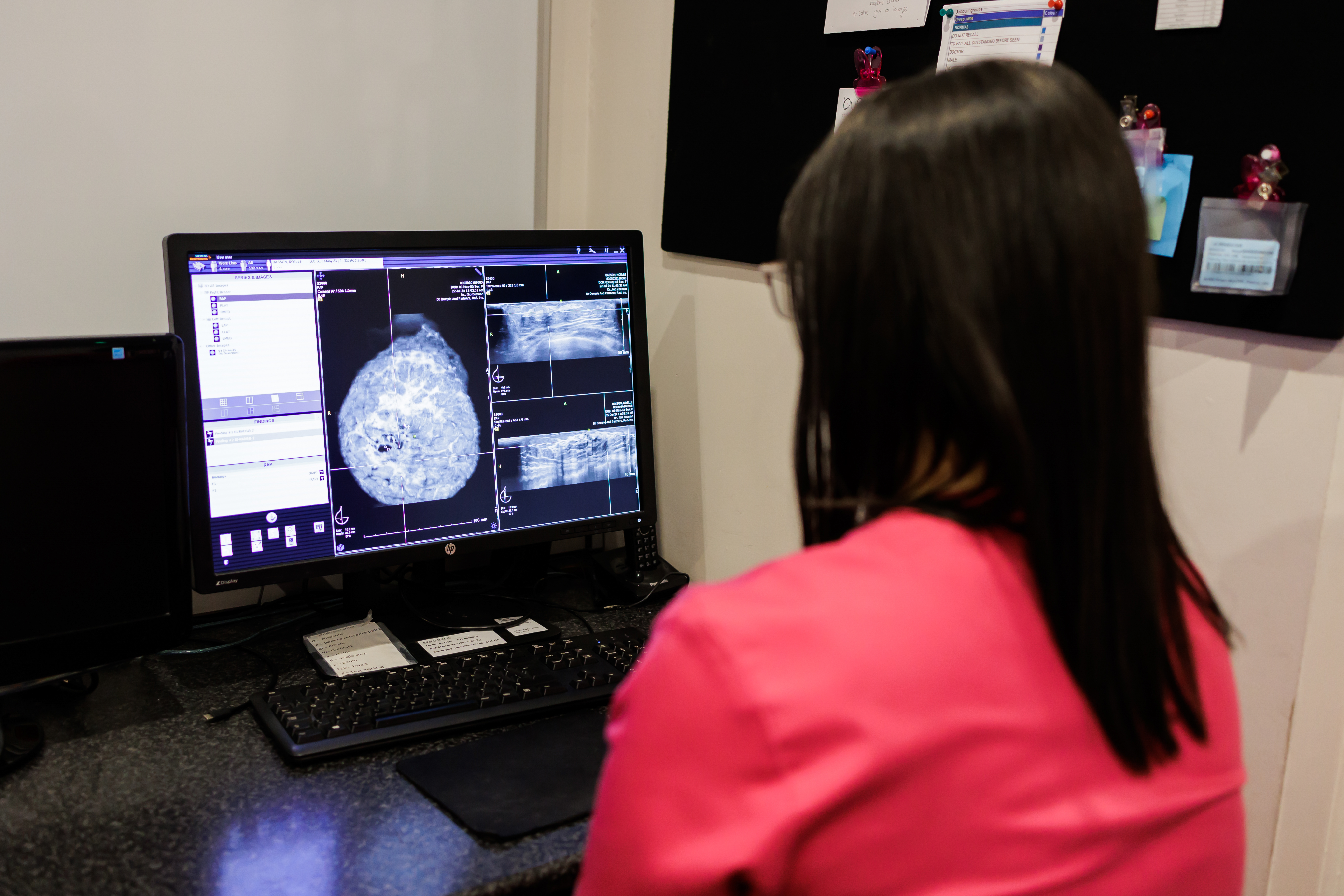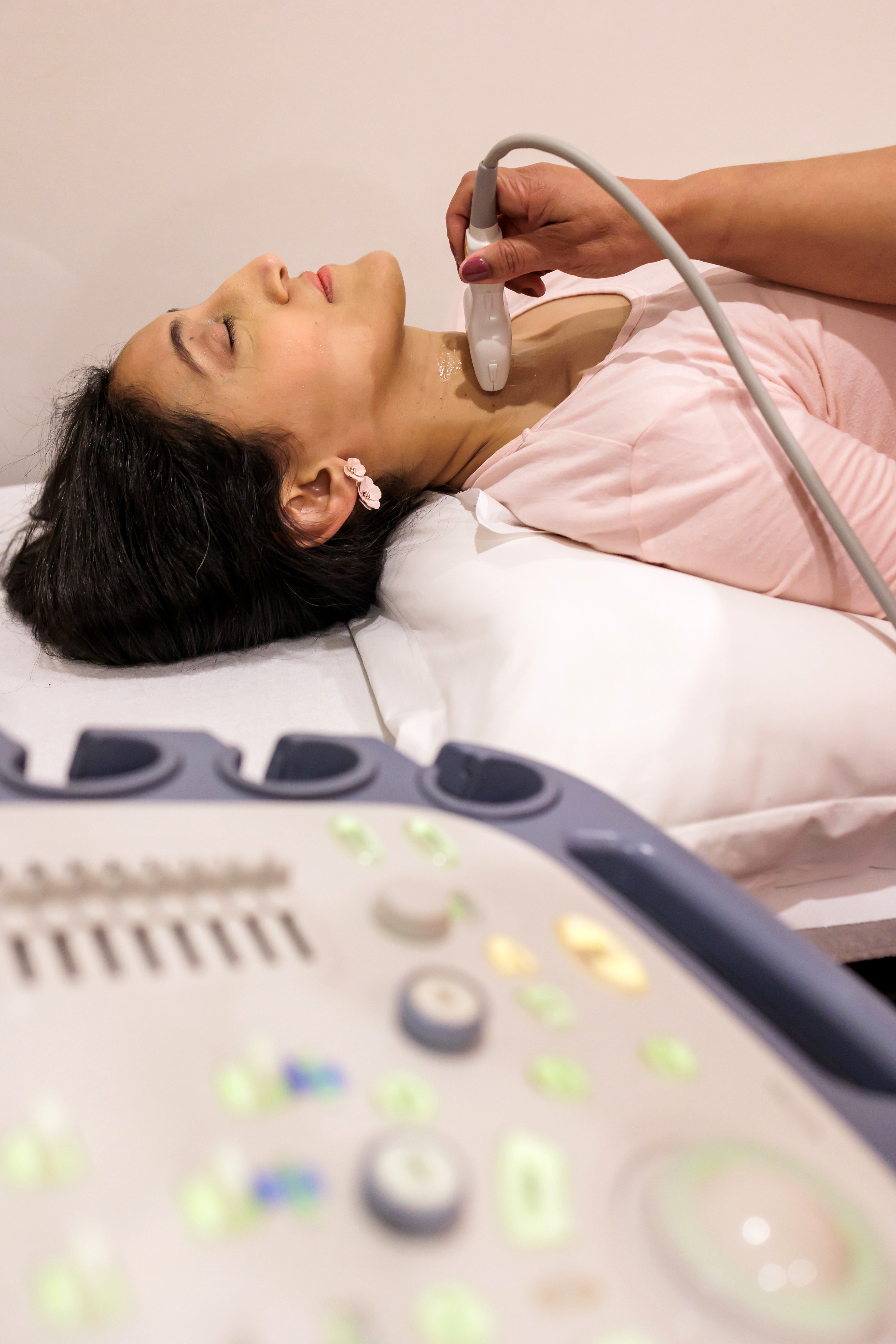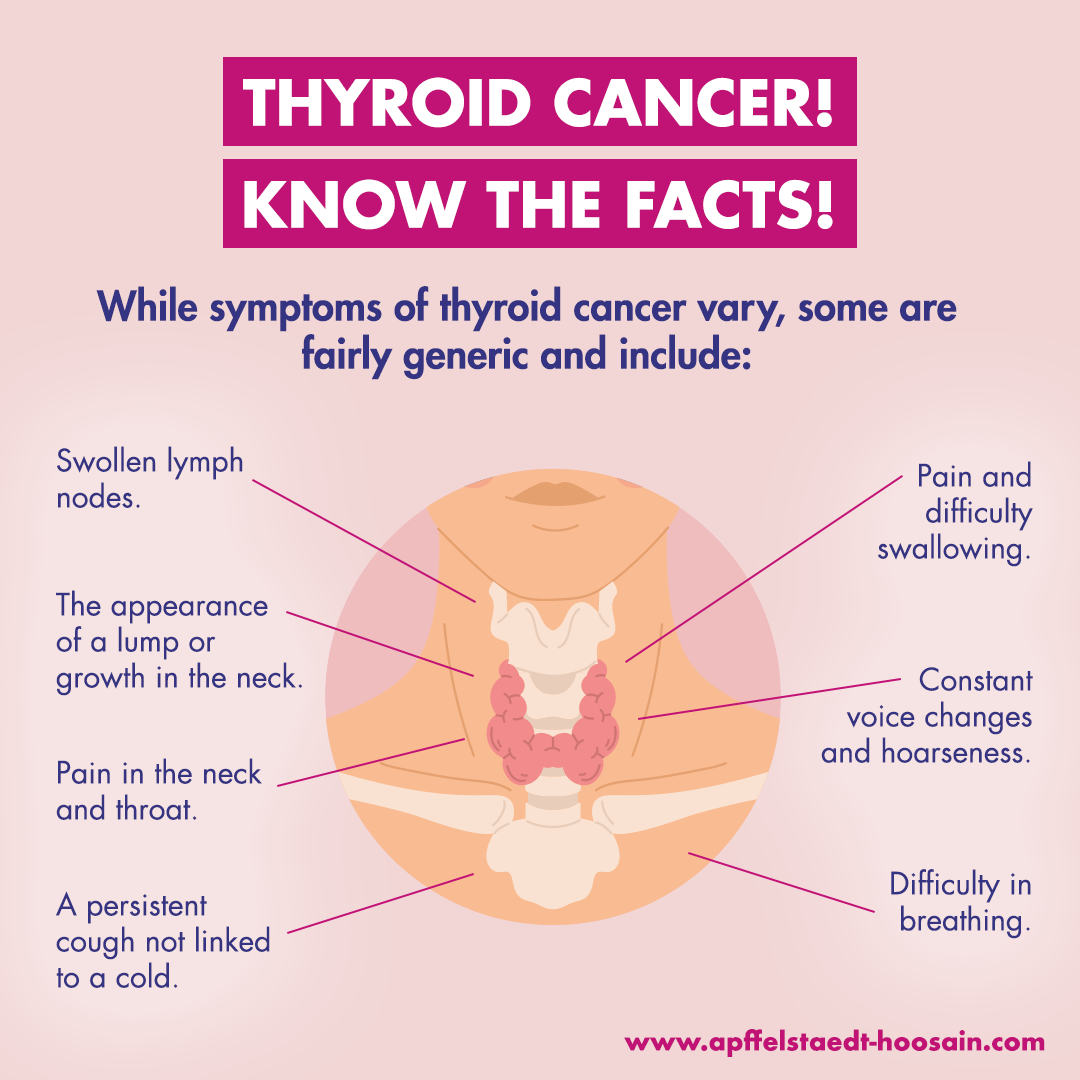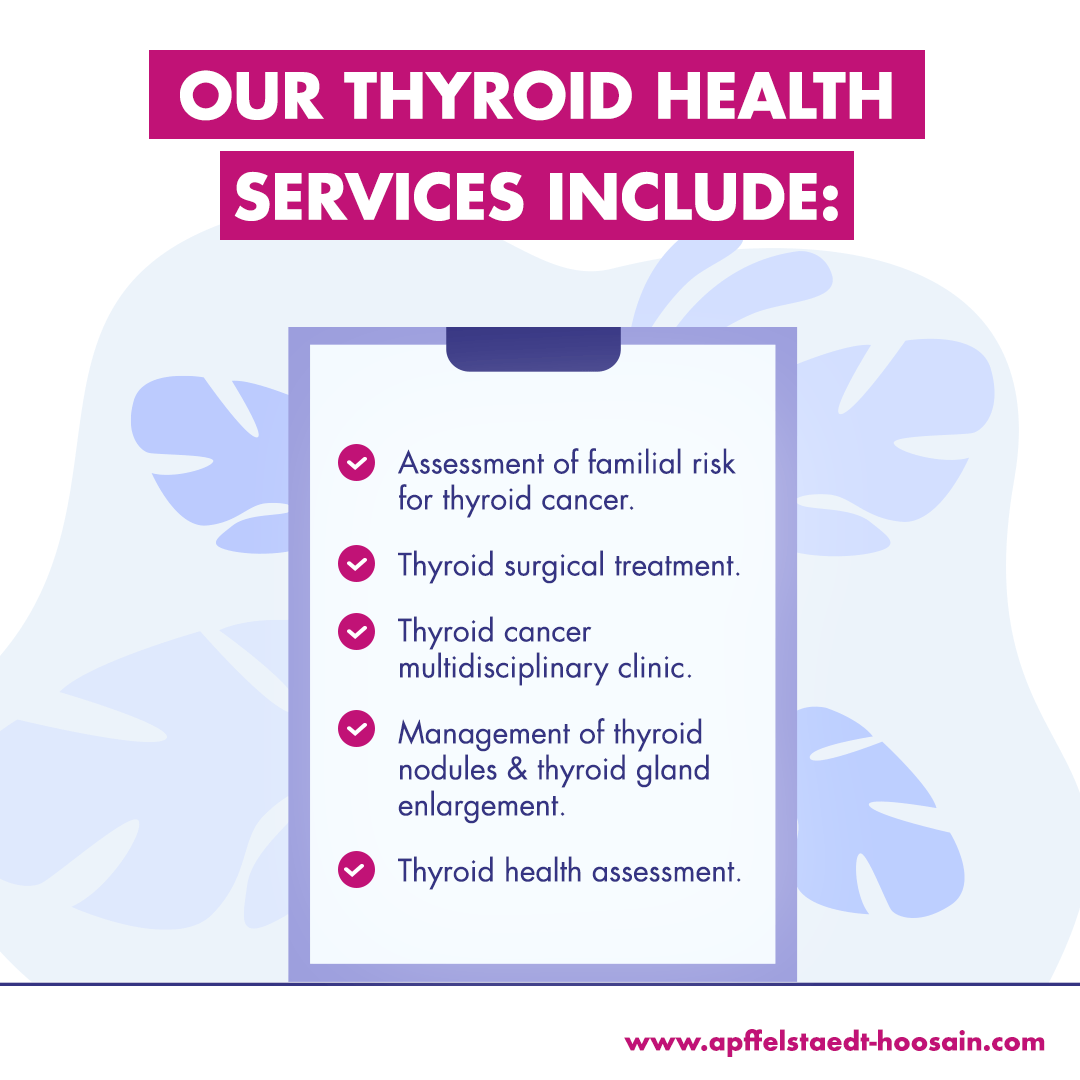Breast Health
AI-assisted mammography
As one of the most diagnosed cancers in the world, there is a global focus on continuing research to find treatments that allow those diagnosed with breast cancer to lead a normal life. If found early, breast cancer has become a curable disease and AI-assisted mammography is great progress towards even further refining screening.
Early-onset cancer diagnoses are a cause for concern
Does it seem that younger people are being diagnosed with cancer more frequently? Global research is indicating that there has indeed been a surge in early-onset colon and breast cancers over the last three decades.
Breast Cancer and the older woman: is radiation necessary?
Treatments such as chemotherapy and radiation with their plentiful significant side-effects should be administered only after careful deliberation of the potential benefit they can have for the patient. Selection criteria for radiotherapy after surgery in the elderly have been refined and subgroups identified, in whom radiotherapy may safely be avoided. This article provides an insight into treatment considerations for older patients.
Breast Cancer and hormonal contraceptive use
An estimated 64% of sexually active women in their reproductive years (between the ages of 15 and 49) make use of contraception worldwide. Hormonal contraceptives have well-known side effects such as venous thrombo-embolism, migraines, dizziness and fatigue. A study performed in Denmark and published in the NEJM(New England Journal of Medicine) in 2017 found its way into media and seemed to also draw a correlation between increased breast cancer risk and the use of hormonal contraceptives. This article unpacks those findings.
UNDERSTANDING BREAST CANCER IN MEN
Although seen as a predominantly female disease, breast cancer affects men too. The risk is low, particularly in comparison to other common cancers. The National Cancer Registry states that the lifetime risk of suffering breast cancer in males is between 1 in 500 to 1 in 1000, depending on race. Men at any age may develop breast cancer, but it is usually detected in men between 60 and 80 years of age. The significance of early detection is stressed, as that vastly improves the chances of surviving any type of cancer. In this article are some of the most crucial facts about breast cancer in men.
Breast Cancer, fertility, and pregnancy
More women are postponing childbearing until they have finished tertiary education, are established in their careers, and have formed stable relationships. For women who have not yet finished family planning, a breast cancer diagnosis has profound implications on their ability to have a child. While breast cancer itself does not have any known effect on fertility, the treatment of it does. Some of the implications and important factors that women should be aware of when undergoing treatment and wanting to fall pregnant are outlined in this article.
Thyroid Health
What to consider when having a thyroidectomy
A thyroidectomy is the removal of all or part of your thyroid gland. There are three main reasons why it would be necessary to operate on the thyroid gland. These are gross enlargement, leading to difficulties in swallowing, difficulty breathing or pain if there is bleeding into a cyst within the thyroid, a hyperfunctioning gland that cannot be controlled by medication or radioactive iodine and suspicion of cancer or established cancer of the thyroid gland. This article details when surgery is considered, and the implications of a thyroidectomy.
Thyroid Cancer: Knowing the facts
Many South Africans are still unaware of what the thyroid is and what to look out for when it comes to thyroid health, being armed with the facts greatly increases the opportunity for early detection and diagnosis, which are a patient’s best chance for recovery.
Post-partum Thyroiditis: Knowing the facts
Unlike post-partum depression, post-partum thyroiditis has not received as much attention and many pregnant women are unaware that this should be something to look out for too.











